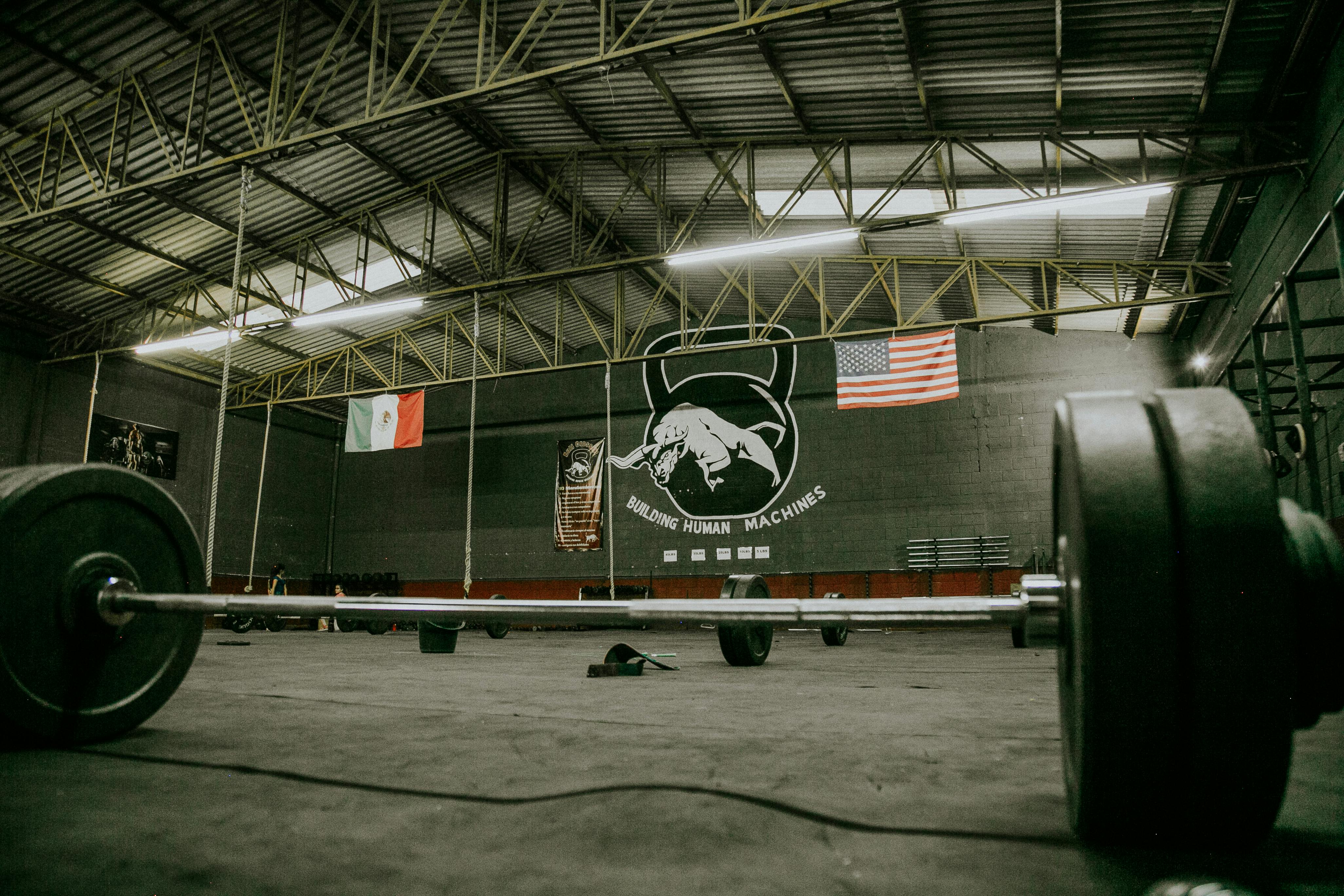Best 5 Ways to Optimize Muscle Growth: Alcohol’s Impact Explored in 2025
As fitness enthusiasts strive for optimal muscle growth, understanding the role of external factors, particularly alcohol consumption, becomes paramount. This article delves into the intricate relationship between Alcohol and Muscle Growth, exploring how it affects muscle recovery, performance, and overall fitness progress. We will examine the benefits and pitfalls of alcohol in the context of strength training, diet, and hydration. By understanding the implications of drinking on physical fitness, you will be equipped to navigate your training regime more effectively, all while enjoying social interactions that may involve alcohol.
We will break down key aspects of how alcohol impacts muscle growth, including its effects on protein synthesis, hydration, and recovery. Additionally, we’ll provide actionable tips to help you optimize your muscle-building efforts while still enjoying the occasional drink. Whether you are a seasoned athlete or just starting out, the insights offered here can enhance your fitness journey.
Key takeaways from this exploration include recognition of the balance between alcohol enjoyment and fitness goals, informed strategies for managing your intake, and the physiological effects to keep in mind as you work towards your fitness and muscle-building aspirations.

Essential Understandings of Alcohol and Muscle Growth
Alcohol and Its Physiological Impact
Alcohol affects numerous physiological processes essential for muscle growth. It impacts the body’s ability to recover after workouts by hindering protein synthesis, the primary process by which muscles repair and grow stronger post-exercise. When proteins cannot synthesize effectively due to alcohol, overall muscle growth may be stunted. Consuming large amounts of alcohol can lead to dehydration, further complicating muscle recovery and performance.
Alcohol’s Influence on Recovery Time
After intense workouts, muscles need adequate time to recover, and alcohol can disrupt this process. Studies indicate that alcohol consumption may prolong recovery periods and increase the overall muscle soreness experienced. This is crucial for fitness enthusiasts aiming to maintain a rigorous training schedule. Opting for hydration-rich drinks after alcohol consumption can help mitigate some negative effects.
Impact of Alcohol on Protein Absorption
Protein is vital for muscle rebuilding, and the presence of alcohol in your system can hinder the absorption of amino acids, which are the building blocks of proteins. This absorption impairment can prolong the time needed for muscle recovery and ultimately affect muscle hypertrophy. Choosing to limit alcohol around workout times can thus be a sensible strategy for any serious lifter.
Top Strategies to Minimize Alcohol’s Adverse Effects
Choosing the Right Time for Alcohol Consumption
Timing your alcohol intake can make a significant difference in minimizing its effects on fitness. Consuming alcohol at least 24 hours after a workout can reduce its impact on your recovery process. This strategic delay allows the body to complete key recovery processes before introducing alcohol into the system, helping to sustain muscle growth ambitions.
Hydrating Properly to Combat Alcohol’s Effects
Hydration is critical, especially when alcohol is consumed. For every drink, consider drinking at least a glass of water to combat dehydration effects. Maintaining hydration levels supports recovery and performance, ensuring that muscle growth is optimized despite the presence of alcohol in your diet. Additionally, consuming hydrating, lower-calorie options can assist in your fitness journey.
Smart Nutrition Choices Post-Alcohol Consumption
Your meals after consuming alcohol should focus on nutrients that support muscle recovery, such as proteins and complex carbohydrates. Remember that food intake after drinking can counteract some negative influences of alcohol on your body. Integrating nutrient-dense foods can help replenish energy reserves and facilitate recovery processes.

Common Myths About Alcohol and Muscle Growth
Debunking the Myth of Alcohol as a Performance Enhancer
There is a prevalent misconception that alcohol can enhance performance through improved relaxation and social engagement. While some may perceive short-term gains in camaraderie or reduced tension, the long-term effects are detrimental to muscle building and overall health. The trade-offs rarely justify the perceived benefits, particularly in sports and rigorous training.
Understanding Alcohol as an Eating Disorder Trigger
For many, alcohol can serve as a coping mechanism, but this can spiral into dangerous territories including dependency and eating disorders. Athletes and gym-goers should be cognizant of their relationship with alcohol to ensure it does not interfere with their fitness regimen or overall health goals.
Exploring Alcohol’s Role in Sports and Fitness
Alcohol Consumption After Training: A Balanced View
Moderation is key when considering alcohol intake post-training. While some studies suggest small amounts may not impede muscle growth significantly if paired with proper nutrition and hydration, caution is advised. Understanding your body’s limits and how it reacts to alcohol post-exercise can help maintain both fitness and enjoyment.
The Social Aspects of Alcohol in Fitness Communities
Alcohol often plays a role in social interactions within fitness communities. It’s important to strike a balance between social engagements that include drinks and personal fitness objectives. Establishing personal guidelines for alcohol intake can help in enjoying the social aspect without sacrificing long-term fitness goals.
Q&A: Addressing Common Concerns About Alcohol and Fitness
Can I build muscle while drinking alcohol?
Yes, but moderation is crucial. Limiting intake and making smart choices about when and how much to drink can help you maintain your muscle-building goals.
What are the best post-drinks rehydration strategies?
Drink water, electrolyte-filled beverages, or performance drinks to replenish fluids lost during alcohol consumption. Additionally, consume a nutrient-rich meal to aid recovery.
How does alcohol affect my workout results?
Regular alcohol consumption can lead to decreased muscle recovery, impaired performance, and negatively impact overall fitness goals.
Is there a difference between beer, wine, and spirits regarding muscle growth?
All alcoholic beverages can affect muscle growth, but some may have higher calorie counts and sugar levels, which can be detrimental if consumed excessively.
What are some alternatives to alcohol that support social interactions in fitness?
There are many non-alcoholic beverages available that cater to social situations. Mocktails, flavored sparkling water, and healthy smoothies are great alternatives.
By understanding the implications of alcohol consumption on muscle growth, athletes can make informed choices to maximize their performance and achieve their fitness goals effectively. For further insights on alcohol’s impact on training, consider checking out more detailed resources: Alcohol and Nutrition and Effective Training Strategies with Alcohol.
